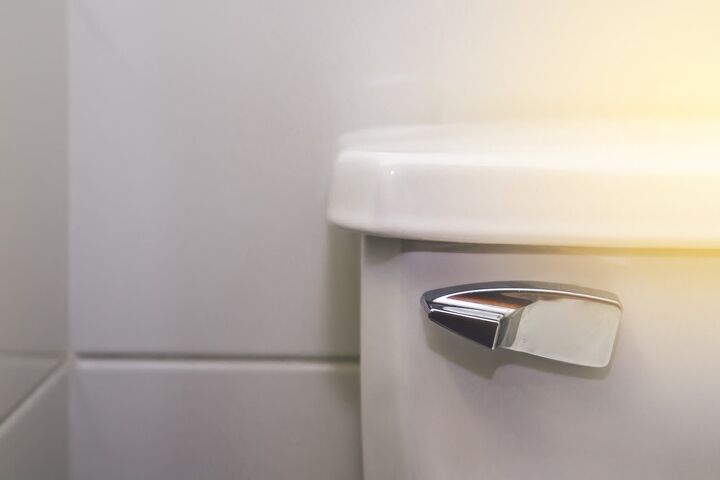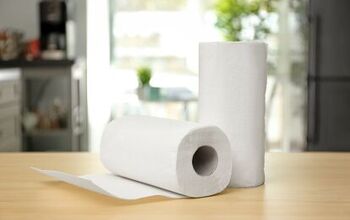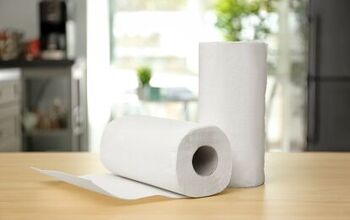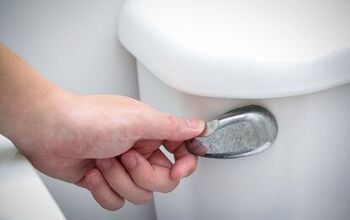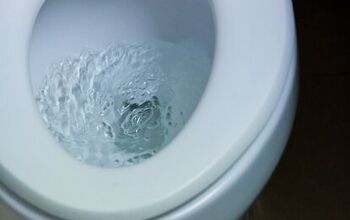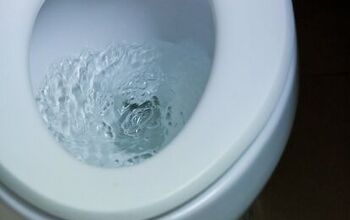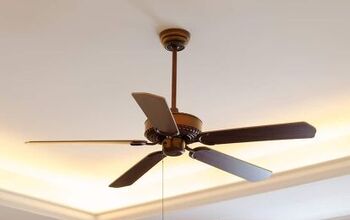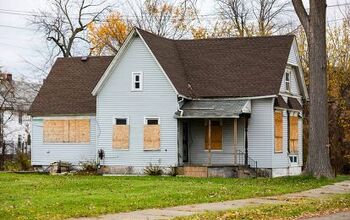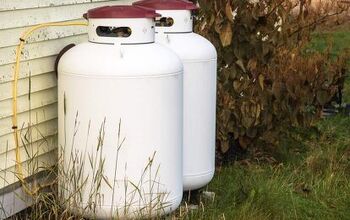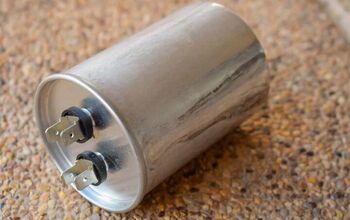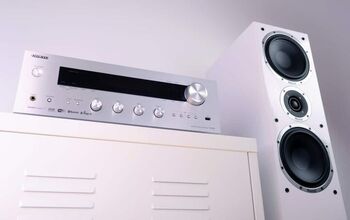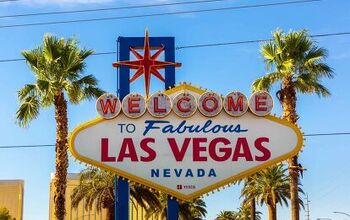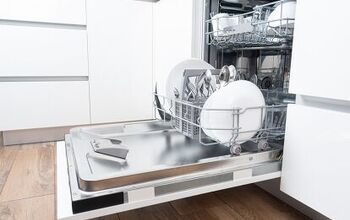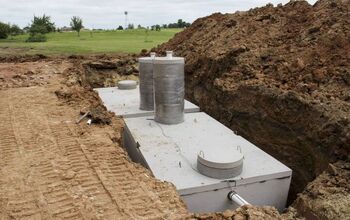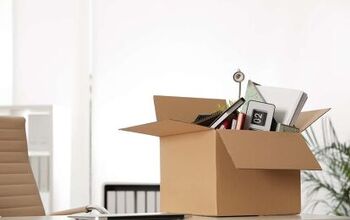Can You Flush Paper Towels? (Find Out Now!)

Paper towels are just like toilet paper, right? Wrong. Though the two products seem similar at a glance, the composition of each is completely different, which means they react in water differently, too.
Here’s what you need to know: you should never flush paper towels down the toilet as they will wreak havoc on your toilet and sewage system. Paper towels will not immediately disintegrate in water, which will easily clog your pipes and leave you with an out-of-commission toilet and potentially expensive plumbing repairs.
Read on to learn more about how paper towels are made, what they can do to your plumbing system, and how you can resolve any plumbing issues if you happen to find this article a little too late.
Do You Need to Hire a Plumber?
Get free, zero-commitment quotes from pro contractors near you.

Paper Towels vs. Toilet Paper
Paper towels are made from a high-quality wood pulp, which is highly durable and made specifically to be absorbent. Furthermore, they are built with a tighter weave to make it ideal for scrubbing. However, this composition also make it take quite a long time for them to dissolve even once fully submerged in water. In fact, a paper towel will take over eight days to dissolve after it has made contact with water.
Toilet paper, on the other hand, is made from a special chemical pulp and paper. It is designed to break down quickly once fully submerged and actually has to be tested for this before becoming available for purchase. On average, toilet paper will only take one to four minutes to dissolve.
You heard that right. The difference between how long paper towels will stay in your pipes versus toilet paper is eight days instead of several minutes. That difference can make or break your plumbing system—literally.
Why You Should Not Flush Paper Towels
Since paper towels do in fact dissolve after about a week, they won’t necessarily have a lasting impact on the environment. That is, if it makes it through your plumbing system and back out into the world at all. That said, flushing them down the toilet is still not the solution. Here’s a better explanation of why that is.
Toilet Clogs
Paper towels are made to absorb water, which means they won’t immediately break down when submerged. So, where will the paper towels go? Nowhere. They’ll stay right there in your pipes, catching debris and clumping together to clog your pipes.
Plus, the more clumped up they get, the harder it will be for them to break down. This can make your toilet flush slowly or eventually not flush at all.
Sewer System Issues
Should the paper towel make its way through your toilet, it still can cause major issues in the sewer system. Since paper towels expand when wet, they can clog the sewer service or main line, especially if things like tree roots and other items make their way into the piping. This can lead to sewage backups, which means you may find yourself with some disgusting fluids coming back out of your toilet and into your bathroom.
How to Get Paper Towels Out of Your Pipes
If it’s too late, and you are already dealing with a clogged drain, there are a handful of things you can do to resolve the issue. Depending on the severity of the clog, you may be able to fix the problem by yourself. However, there’s still a good chance you will need to call a plumber if the clog is bad enough and your toilet is too far gone. Here’s what you can try to unclog the drain.
Snake the Drain
If the clog is close enough to the base of the toilet, you may be able to get it out or break it up with a toilet snake. All you’ll have to do is feed the snake down the drain and rotate it throughout the pipe. The barbs on the end will either break apart the large clumps of paper towels lodged in the drain, or it will catch them, so you can pull the clog back up through the toilet bowl and safely into the trash.
Plunge Your Toilet
Another common method to deal with your clogged toilet is to use a plunger. Plungers work by increasing the pressure in the pipe, which pushes the water downward. Once you pull up again, the release of that pressure will allow the water to rise again. This back-and-forth motion will hopefully help to dislodge the clog from the drain.
Use Drain Cleaners
There are a variety of drain cleaners available on the market that can be highly useful when it comes to breaking up clogs. Some of the top options include Drano, Bio Clean, and CLR Clear Pipes & Drains. No matter which cleaner you choose, be sure to follow these guidelines to stay safe:
- Read the instructions thoroughly.
- Wear gloves and protection for your eyes.
- Pour the cleaner carefully and slowly.
- Avoid mixing drain cleaners with other products.
- Only use enzyme cleaners, not chemical cleaners.
Try Home Remedies
If you don’t have any drain cleaner, you can try to unclog the drain with items you do have around the house. Many people start the troubleshooting process by pouring hot water in the toilet bowl. However, you need to do this very carefully. You should never put boiling water directly into the drain because it can crack the bowl and melt piping. It’s important to wait until it has cooled a little bit before proceeding.
Another common fix is to pour a mixture of baking soda, vinegar, and hot water. As a rule of thumb, you should use about 1/2 cup of both substances for every gallon of water to properly dilute the solution. You can also try a mixture of hot water and 1/2 cup of Dawn dish soap.
Call a Plumber
When dealing with a bad clog, your last line of defense—and probably your best bet—is to call in a professional. To find the best plumber for the job, it’s important to do your research. Check out local companies, gather some estimates, and select the best one for your plumbing project.
In many cases, your plumber will be able to clear up any blockages with a rodding machine, which does not involve disconnecting anything or messing around with the structure of your bathroom. However, really terrible clogs may require them to completely remove the toilet from the drain, which can get expensive very quickly.
Related Questions
Are paper towels recyclable?
No, but you can recycle the empty cardboard tubes. Used paper towels should never be recycled because they are often soiled with food and grease, which can ruin entire batches of recycled materials. What may surprise you is you also cannot recycle unused paper towels. This is because the fibers that make up each sheet are too short to be reused.
What other foreign objects should not go down the toilet drain?
The better question is what can you flush down the toilet as there are only a select number of things that should go down the drain. However, some common items that many people try to flush include tissues, hair, Q-tips, condoms, dental floss, diapers, gum, milk, and baby wipes.
Do You Need to Hire a Plumber?
Get free, zero-commitment quotes from pro contractors near you.

Final Thoughts
If there is one thing you take away from this article, let it be this. If you have to ask if you can flush something, the answer is almost always going to be no. The best way to keep your toilet functioning is to only flush bodily fluids, waste, and toilet paper. Otherwise, you risk clogging your pipes, ruining your plumbing system, and paying a lot of money trying to fix it.
The only way to properly dispose of paper towels is to throw them in the trash. If you want an even more eco-friendly solution, ditch the paper towels all together and switch to reusable cloths.

I am a copywriter and editor based in the Las Vegas area with nearly a decade of experience under my belt writing landing pages, cost guides, blog posts, newsletters, case studies, and social media content. I have a degree in Strategic Communication and experience working in both the account and creative spheres. My goal is to always be discovering new interests and bettering myself as a writer and editor along the way.
More by Kerry Souder



